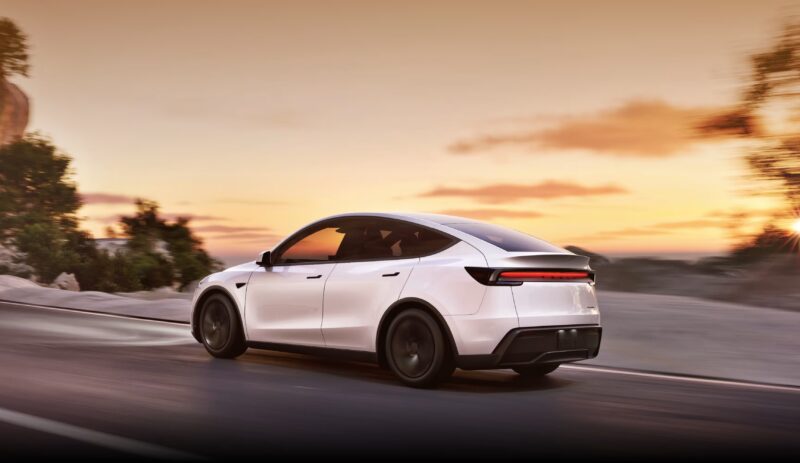A decrease in the sale in China of the Tesla Model Y SUV is being held up as partly responsible for the company’s continual underperformance, even as sales of new energy vehicles (NEV) across China tipped back up over the 1 million mark in May.
New figures published by the China Passenger Car Association (CPCA) and reported by the state-run English language newspaper China Daily, as well as local automotive outlet CnEVPost, showed that sales of new energy vehicles – the catch-all term in China for electrified and fuel-cell vehicles – exceeded 1.02 million units in May, a year-on-year increase of 29.2 per cent.
More specifically, according to CnEVPost, a total of 607,000 battery electric vehicles (BEVs) were sold in May, an increase of 22.6 per cent over May 2024, accounting for 59.5 per cent of all NEV sales.
May was also the first time that China’s passenger NEV retail sales edged back over the 1 million mark, the first time this year.
Individual automaker numbers can be difficult to come by in China – due to the inherent language and occasional political barriers barring access from outside the country. Earlier this month, China’s largest manufacturer of electric vehicles (EVs), BYD, reported that it had sold 382,476 units in May, a 15.3 per cent year-on-year increase.
As for the world’s most recognisable EV manufacturer, Tesla continues to see its fortunes fluctuate.
For May, Tesla saw sales in China fall by 30.11 per cent from May 2024, but increase by 34.31 per cent compared to April of this year.
Through the first five months of 2025, Tesla’s retail sales in China’s domestic market reached 201,926, a drop of 7.82 per cent compared to the same period a year earlier. According to CnEVPost, “This marks the fourth year-on-year decline in Tesla’s retail sales in China for the first five months of the year.”
While it is not necessarily easy to determine why Tesla’s sales have been hit so hard this year, three possibilities can be raised, the first being the most obvious – America’s trade war with China, its imposition of tariffs, and the role of Tesla CEO Elon Musk in US President Trump’s administration.
However, during May, a number of Chinese automakers began cutting the price of their vehicles in a price war that may also have impacted Tesla’s sales.
Thirdly, though even more confusingly, CnEVPost reported this week that it was a decrease in the sale of the Tesla Model Y SUV that was the primary reason for the company’s retail sales decline.
Specifically, a total of 24,770 Model Y’s were sold retail in China in May, a 38.05 decline from the same period a year earlier, and a 23.95 per cent decline compared to April.
This could have to do with an increase in the number of Model Y exports in May, with 14,757 Model Y’s exported overseas, a 174.6 per cent increase on the same month a year earlier.
Joshua S. Hill is a Melbourne-based journalist who has been writing about climate change, clean technology, and electric vehicles for over 15 years. He has been reporting on electric vehicles and clean technologies for Renew Economy and The Driven since 2012. His preferred mode of transport is his feet.

